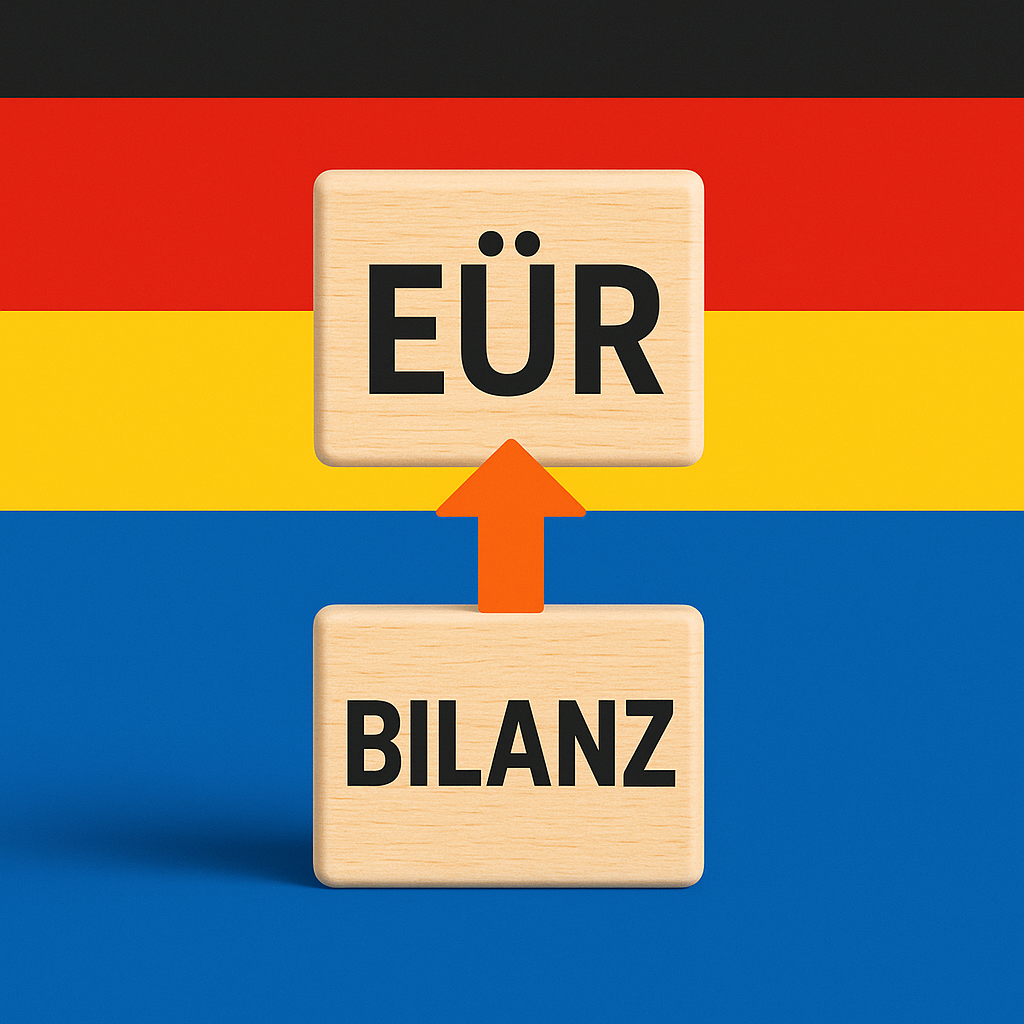
Our business in the German market is aimed at clients who intend to start a business in the German market, but do not know, or have little idea of the law for companies. I help entrepreneurs to identify a niche in the German market, assist in legal proceedings, understanding of German law.
At the moment, Germany both internationally and in Europe is leading the economy. They are a very attractive, but also very difficult partner for foreign companies that would like to invest or sell in Germany.
In a survey conducted in 2016 and 2017. by EY: European Attractiveness Survey – Most Attractive Countries to Start a Business in Western Europe, Germany topped the list as one of the countries where it is worth having a company and doing business. In 2017. Germany’s GDP was $3,677.90 trillion .
When deciding to establish and operate a business in Germany, we need to be familiar with both European and German law. Germany is part of the European Union and, as such, must respect European law, but protects its market through certain actions that implement legal rules. Based on research prepared by the Commercial Department of the Polish Embassy in Berlin, Germany is the future for Polish exports in the following industries:
– Agri-food products (especially organic products)
– furniture and furniture accessories
– gardening supplies
– Export of construction services, especially for highly specialized works (including tunneling and finishing works)
– assembly of products manufactured in Poland
– simple products of the medical industry, especially dressing materials, utensils and disposable instruments
– services
In a nutshell, the German market is characterized by high potential and many Polish entrepreneurs have benefited from its absorptive capacity. The Polish embassy in Berlin estimates that by the end of 2014. In Germany, approx. 180,000. One-person enterprises with the participation of Polish citizens. This includes nearly 50,000. craft companies. More than 40 percent. companies operate in the construction industry, almost 15 percent. in the service industry: gardening, markets, property and building care, another 12 percent. In trade and vehicle repair services, and more than 10 percent. In caring for the elderly and disabled. Thanks to an extensive system of business support and favorable conditions for business development, doing business in Germany is simpler and more profitable than in Poland.
The main advantage of the German market is the following: geographical proximity to Poland. A train trip from the eastern states to Poland sometimes takes less time than a trip from one end of Poland to the other.
The German market is characterized by a demand for skilled professionals, especially in recent years.
It should be remembered that despite the many similarities between Poland and Germany, the significant and important differences in the two countries’ legal systems should not be overlooked. When negotiating the terms of delivery, attention should be paid to pricing, contract drafting, and the terms of posting workers. The latter issue in particular is very important, as it primarily affects the transportation and shipping industry. And as of 20201, an EU Directive will come into force that will have a significant impact on the remuneration ofdelegated employees.
It should be remembered that despite the many similarities between Poland and Germany, the significant and important differences in the two countries’ legal systems should not be overlooked. When negotiating the terms of delivery, attention should be paid to pricing, contract drafting, and the terms of posting workers. The latter issue in particular is very important, as it primarily affects the transportation and shipping industry. As of July 2020, Directive 96/71/EC on the posting of workers in the framework of the provision of services took effect, which has a significant impact on the wages of posted workers.



